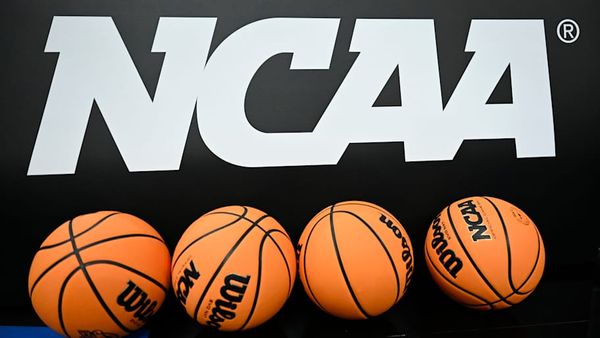South Australia's endangered sea lion population has been given a chance to bounce back after a decade-long marine conservation program substantially reduced their deaths in fishing nets.
Australian sea lions are on the country's endangered list after widespread hunting in the 18th and 19th centuries and had been struggling to rebound, with up to 256 killed in gillnets in Commonwealth-managed fisheries each year up until 2010.
In response, the Australian Marine Conservation Society (AMCS) and Humane Society International worked with federal and state governments, scientists and the fishing industry to develop the Australian Sea Lion Management Strategy.
The strategy includes gillnet fishing exclusion zones around all sea lion breeding colonies, cameras on fishing boats and the introduction of closures in parts of the fishery if a certain number of sea lions were caught.
Crucially, it also includes independent observation of what fishers are catching, by checking the data they report is accurate so that fishery managers can put closures in place when needed.
SA Research and Development Institute professor Simon Goldsworthy said researchers estimated a 98 per cent reduction in sea lion bycatch mortality in the gillnet fishery since the strategy was implemented a decade ago.
"Not only has bycatch mortality been reduced to levels that should enable sea lion populations to recover, there has been an almost complete transition from gillnets to longlines in the sea lion management zone and fishing catches have returned to pre-bycatch management levels," he said.
"In the context of managing marine mammal bycatch globally, it is an extraordinary outcome.
"This kind of conservation and management outcome is extremely rare and sets an important precedent both nationally and internationally."
Call for scheme in WA
AMCS campaign manager Tooni Mahto said there had been "a lot of work" in the past 15 to 20 years by scientists, fishers and the government to identify the issues and come up with solutions in Commonwealth waters.
There was initially "fierce resistance" from fishers to the implementation of regulations, but Ms Mahto said things had progressed since then.
"It's also fair to say the Australian community has really got on board with a desire for their seafood to be caught without this extreme cost for Australia's really unique and endangered wildlife," she said.
The conservation society now hopes a similar program could be expedited in waters off Western Australia, the only other state where the endangered sea lions live.
"What we're still seeing is gillnetting happening in Western Australia, without this crucial [program]," she said.
"There's a commitment and a requirement by the WA government to have a data validation system in place by 2024, but what we want to see is that really ramped up.







